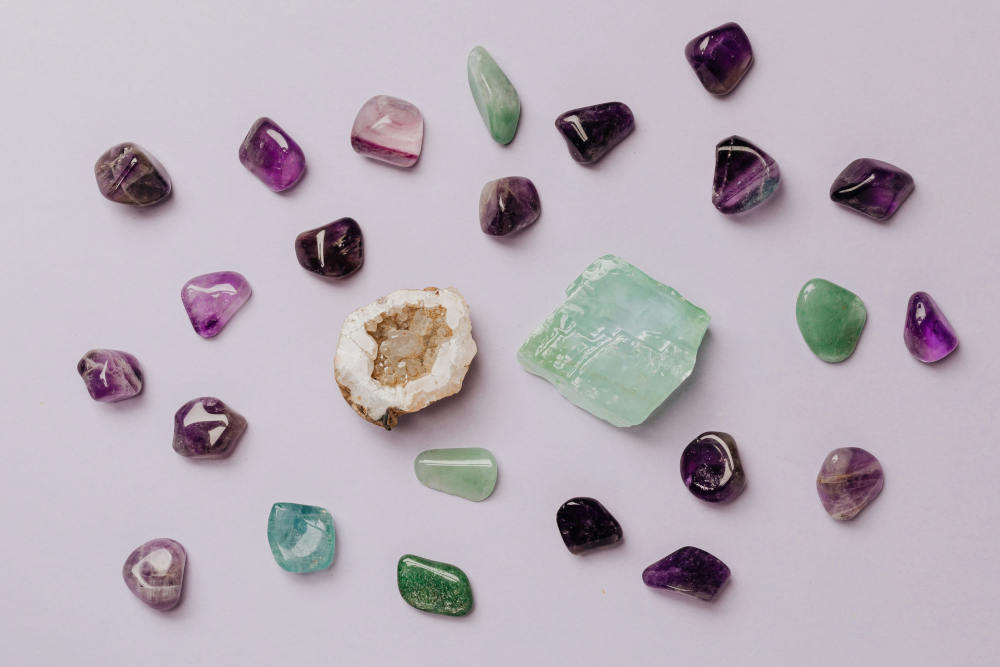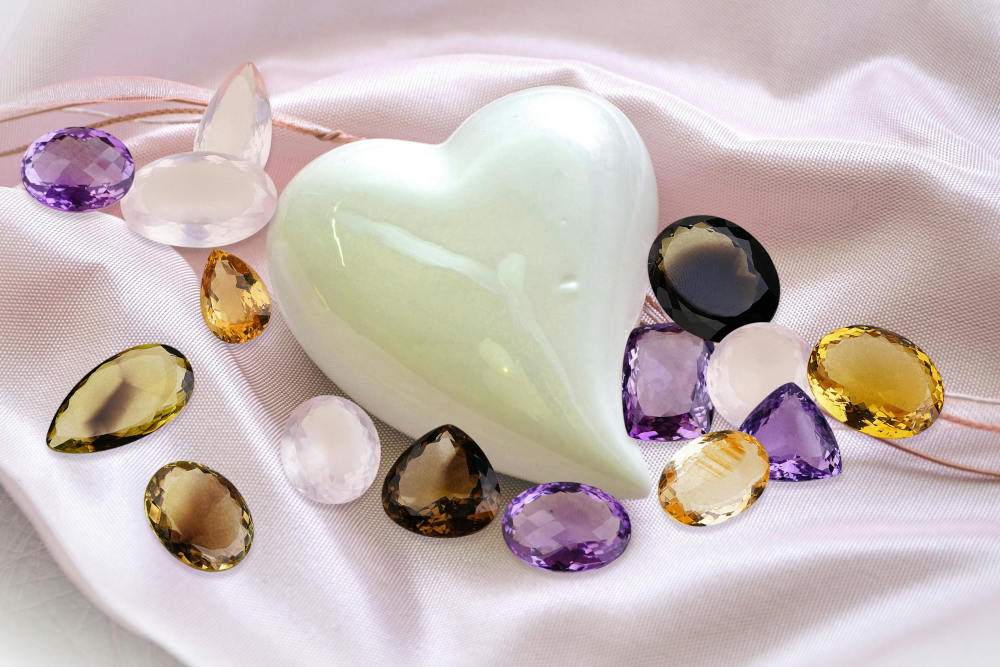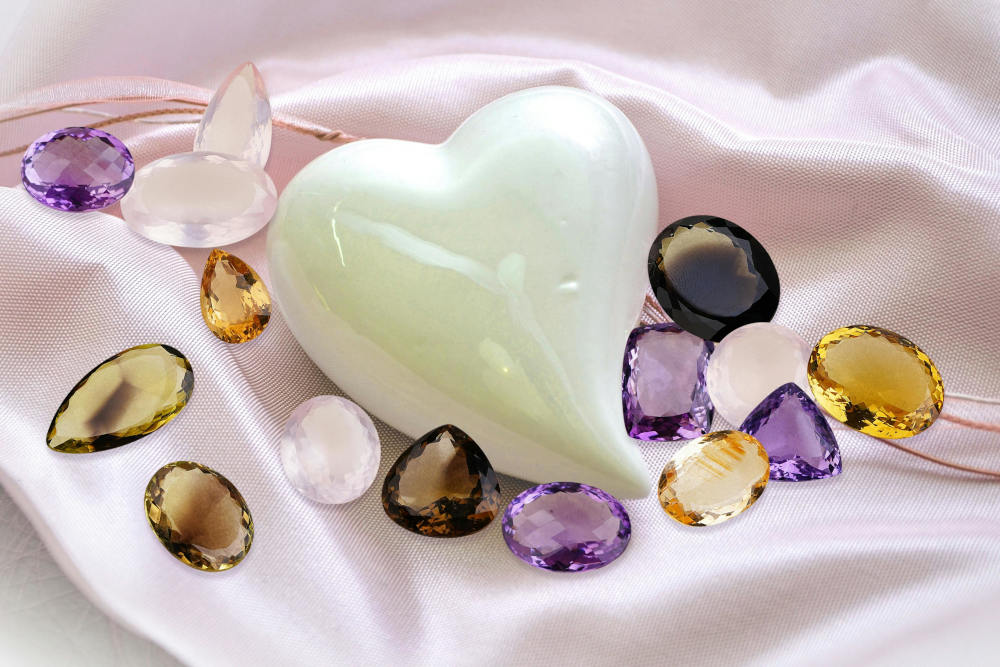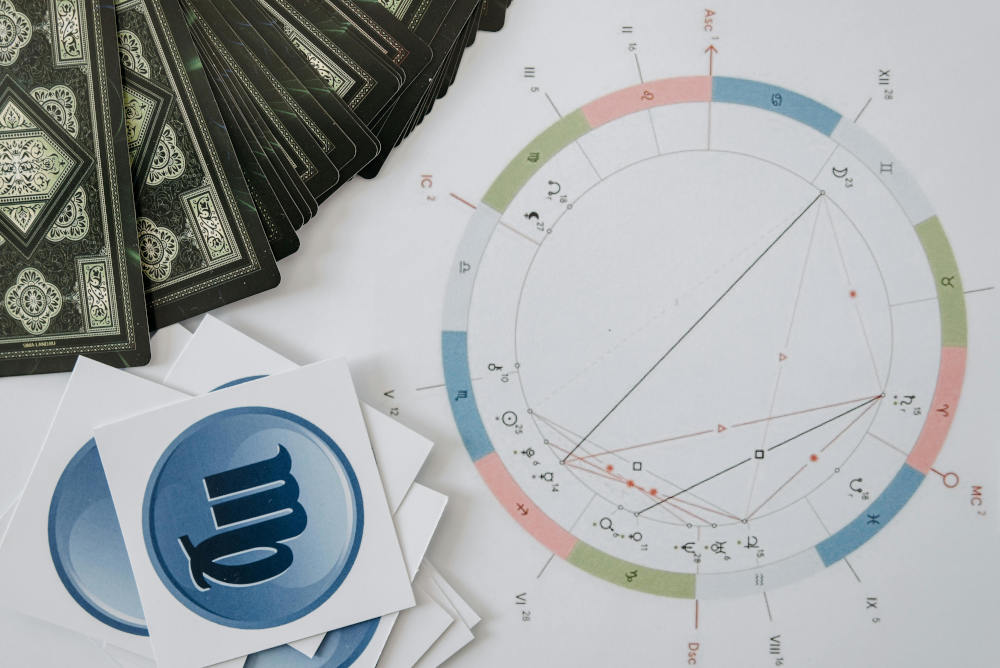
Frankonia is a German retailer founded in 1908 by Nikolaus Hofmann and headquartered in Rottendorf, Germany. The multinational clothing-retail company creates outdoor apparel and hunting equipment for women and men.
Frankonia makes clothing, accessories, shoes, and gear. The Otto Group owns Frankonia and other brands like About You, Bonprix, Limango, Heine, Lascana, and more.
Frankonia is working with ambitious targets to minimize its ecological footprint. It considers its impact on the climate, ecosystems, and society and has the long-term goal of achieving climate neutrality.
Panaprium is independent and reader supported. If you buy something through our link, we may earn a commission. If you can, please support us on a monthly basis. It takes less than a minute to set up, and you will be making a big impact every single month. Thank you!
Sustainability Rating: 5/10
Rating FAQ
Category: Clothing, accessories, shoes, bags, jewelry
For: Women, men
Type: Basics, denim, knitwear, activewear, underwear, loungewear, outerwear, nightwear, flats, sandals, sneakers, boots
Style: Casual
Quality: Low
Prices: $
Sizes: 2XS-2XL, 0-14 (US), 2-16 (UK), 32-44 (EU), 4-18 (AU)
Fabrics: Cotton, linen, ramie, jute, lyocell, modal, viscose, cupro, acetate, polyester, nylon, spandex, polyethylene, polypropylene, acrylic, neoprene, polyurethane, rubber, leather, wool, silk, down
100% Organic: No
100% Vegan: No
Ethical & Fair: Yes
Recycling: Yes
Producing countries: Turkey, India, China, Bangladesh, Cambodia, Morocco, Pakistan, Vietnam, Tunisia, Egypt, Ethiopia, Uganda, Madagascar, Ukraine, Romania, Moldova, Bulgaria, Serbia, Bosnia, Albania, Macedonia, Greece, Myanmar, Thailand, Laos, Indonesia
Certifications: GOTS, OCS, BCI, GRS, RCS, FSC, Oeko-Tex, Bluesign, SMETA, BSCI, SA8000
Sustainability Practices
Frankonia takes wide-ranging measures to protect biodiversity, reduce its consumption of water, energy, and other resources, avoid waste, and combat climate change.
It wants to be better and more efficient by looking at every aspect of its value chain to ensure the healthy functioning of our planet. However, the majority of its business remains detrimental to the environment.
Frankonia only uses a tiny proportion of organic materials like organic cotton or recycled materials such as recycled polyester and regenerated nylon.
Most its fabrics are natural without relevant certifications, such as regular cotton or linen, or synthetic petroleum-based fibers, such as polyester, nylon, acrylic, and more.
Frankonia also uses a small proportion of semi-synthetic fibers or regenerated cellulosic fabrics such as Tencel lyocell, modal, acetate, and viscose.
Tencel is an eco-friendly fiber made with wood pulp from certified sustainable forests. But only a tiny proportion of the materials used by Frankonia are environmentally friendly and sustainable.
Frankonia publishes a list of all its manufacturers and processing facilities on its corporate website, the Otto Group. It aims to ensure compliance with social standards and environmental protection.
The 2022 Fashion Transparency Index gave Otto a score of 18% based on how much the group discloses about its social and environmental policies, practices, and impacts.
Frankonia manufactures its clothes in Turkey and many other East Asian countries, where human rights and labor law violations happen every day.
The German clothing retailer shows some labor certification standards that ensure good working conditions, health, safety, and other human rights for workers in its supply chain.
Frankonia has a code of conduct that applies to all its suppliers and subcontractors based on the regulations set by the International Labor Organization (ILO).
Frankonia assesses compliance with its Code of Conduct by informal visits or third-party audits with or without notice. It works with international and local unions and NGOs to improve the working conditions in its factories.
Frankonia doesn't use exotic animal skin, hair, fur, or angora. But it uses leather, wool, silk, and down feathers to manufacture many of its clothing pieces.
These animal-derived materials are cruel and unethical. They also harm the environment by producing greenhouse gases and waste. More sustainable alternatives exist.
Sustainability Goals
Frankonia has committed to reaching climate neutrality by 2030. It will operate its locations on green electricity and use certified offset projects to align its climate targets with the Paris Climate Agreement.
Frankonia plans to only use FSC-certified wood for its furniture production by 2025. It will also use FSC-certified or EU Ecolabel paper for its catalogs by 2025.
Buy Here
Discover Frankonia's sustainable collections at Frankonia.de.
Reviews And Experiences With Frankonia
Have you had (good) experiences with shopping at or the products of Frankonia? Then leave us your rating below.
What We're Up Against
Multinational corporations overproducing cheap products in the poorest countries.
Huge factories with sweatshop-like conditions underpaying workers.
Media conglomerates promoting unethical, unsustainable products.
Bad actors encouraging overconsumption through oblivious behavior.
- - - -
Thankfully, we've got our supporters, including you.
Panaprium is funded by readers like you who want to join us in our mission to make the world entirely sustainable.
If you can, please support us on a monthly basis. It takes less than a minute to set up, and you will be making a big impact every single month. Thank you.






























0 comments